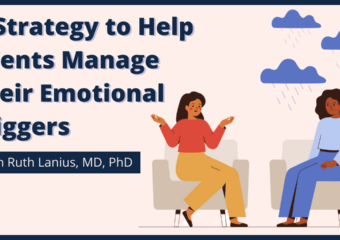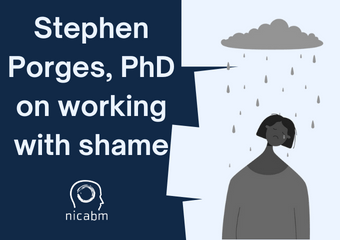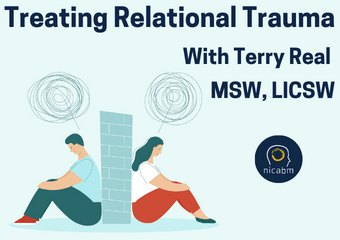When a client struggles with emotional triggers, they may find themselves stuck in cycles of reactivity and overwhelm. Not only can this be mentally and physically exhausting for your client, but it often has an impact on everyone around them – including those they love the most and hold most dear. So, in the video […]
Reporting In – Giving Back in 2022
When I was young, my father and mother emphasized how important it is to give as you have received. You see, they taught us to tithe at least 10% of our allowance to the church each week. And on top of that, we were encouraged to give more to those in need. It’s a lesson […]
A Polyvagal Approach to Working with Shame – with Stephen Porges, PhD
According to Stephen Porges, PhD, some of our traditional psychotherapeutic approaches to working with shame may inadvertently amplify it. So in the video below, Stephen outlines a Polyvagal approach that can help us avoid reinforcing shame, and instead, resource clients to regulate themselves as they process that shame. Have a look. Click here for […]
Treating Relational Trauma – with Terry Real, MSW, LICSW
For many clients, the effects of trauma can impact almost every relationship they have – from casual to the most intimate.So how can we address the relational side of trauma while also helping clients process traumatic events? In the video below, Terry Real, MSW, LICSW shares a case example to help illustrate how you might […]
Working with Trauma-Induced Shame – with Bessel van der Kolk, MD
When we begin to work through a client’s trauma history, shame can sometimes bring the therapeutic process to a standstill. So, how do we help clients begin to unpack deep layers of shame without halting their progress? In the clip below, Bessel van der Kolk, MD gets into a parts approach for working with trauma-induced […]




